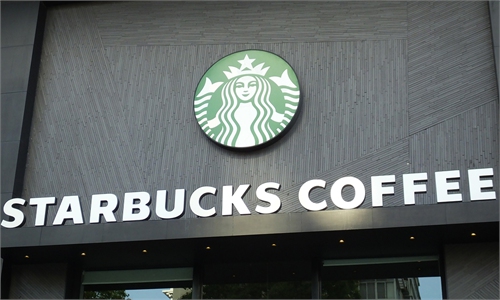Foreign firms eye for growing opportunities in China’s catering consumption, boosted by increased digitalization

Residents dine out in a restaurant in the Nanqiang Street of Kunming, southwest China's Yunnan Province, Jan. 11, 2023. The street, located in downtown Kunming, has seen a robust recovery of the nighttime economy. Tourists here can experience local food culture and nightlife of Kunming.(Photo: Xinhua)
Foreign companies eye more business opportunities in China's catering sector growth, boosted by increased digitalization which has been spearheaded by the Chinese government.British consumer goods company Unilever Plc said that a plant in Tianjin has been selected as a "lighthouse factory", the first such factory in the condiment sector globally.
Lighthouse factories are those production workshops well known for being factories which integrate cutting-edge technologies around the world. The first list was unveiled by two organizations, the Davos World Economic Forum and McKinsey Consulting in 2018.
With the help of digitalization, the plant, which produces condiments including chicken sauce, chicken powder, spicy sauce and salad dressings, can realize a total annual output of 80,000 metric units annually with a labor productivity increasing by 96 percent, the company said.
The plant's big data terminal provides target customers with the personalized solutions, while artificial intelligence empowers an end-to-end supply chain to improve delivery and optimize inventory. The entire process across the supply chain can be traced, which can help eliminate potential safety hazards and ensure product safety, according to the company.
China's catering sector has become an attractive market for both domestic and international players. The continuous expansion of local market size, combined with the diversification of consumer demand, and the broad application of new technologies will offer greater room for development, according to Star Chen, chief executive officer of Unilever Food Solutions.
Chen said that China now accounted for the largest market for Unilever's condiment business, and the condiment sector's compound annual growth rate in China has maintained double-digit growth over the past two decades.
"We will continue to strengthen efforts in local research and development and manufacturing", Chen noted.
China's condiment sector is developing rapidly with new products frequently entering the market and the category structure shifting from single to composite, according to Bai Yan, general secretary of the China Condiment Association.
Industry giants need to share advanced digital R&D and production experience to help transform and upgrade the entire industry, Bai added.
China has rolled out a plan for the overall layout of the country's digital development. Building a digital China is important for the advancement of Chinese modernization in the digital era, and provides solid support for the development of new advantages linked to the country's competitiveness, according to the plan released in February of this year, according to the Xinhua News Agency.
According to the plan, important progress will be made in the construction of a digital China by 2025, with effective interconnectivity in digital infrastructure, a significantly improved digital economy, and major breakthroughs achieved in digital technology innovation.
Global Times


